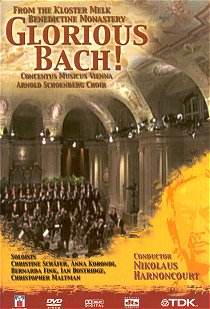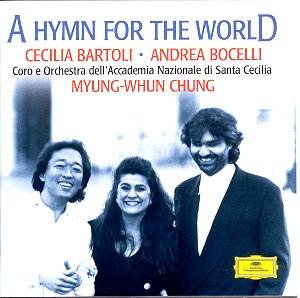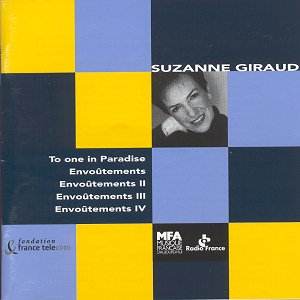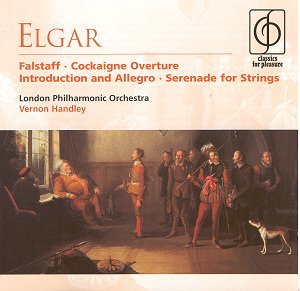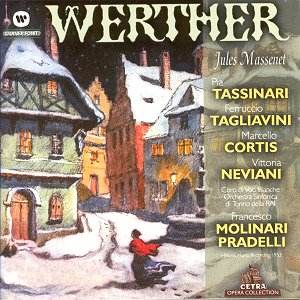 Composer: Jules Massenet
Composer: Jules Massenet
Works: Werther
Performers: Ferruccio Tagliavini (tenor), Pia Tassinari (mezzo soprano), Marcello Cortis (baritone), Vittoria Neviani (soprano), Guiliano Ferrein (bass), Tommaso Soley (tenor), Luigi Latinucci (baritone), Coro di Voci Bianche, Orchestra Sinfonica di Torino della RAI, Francesco Molinari Pradelli (conductor)
Recording: Recorded at Turin, 1953
Label: Warner Fonit
Massenet’s Werther occupies a unique position in the operatic canon, embodying the late Romantic fascination with melancholic Romanticism while simultaneously reflecting a distinctly French sensibility. Premiered in 1892, the opera captures the tragic love story inspired by Goethe’s The Sorrows of Young Werther, transposed into the lush, emotive sound world that Massenet mastered so well. This recording, featuring the esteemed tenor Ferruccio Tagliavini in the title role, revives a cherished interpretation from the 1950s that remains relevant today, both historically and musically.
Tagliavini’s performance is a study in contrasts. His approach to the role of Werther is marked by a nuanced delivery that oscillates between tender introspection and passionate outbursts, particularly evident in Act 2, Scene 3. Here, his voice soars with a ringing power, a technique that effectively conveys Werther’s emotional tumult. However, his French diction, at times idiosyncratic, reflects more of an Italianate influence, which, while alluring, raises questions about stylistic authenticity. In this light, Tagliavini’s interpretation emphasizes the Mediterranean warmth inherent in Massenet’s melodic lines, even if it somewhat obscures the original narrative’s Germanic roots.
Pia Tassinari’s portrayal of Charlotte introduces a darker hue to the performance palette. Her voice possesses an appealing richness that lends itself well to the poignant moments in which Charlotte grapples with her feelings for Werther. Particularly notable is her rendition of “Il faut nous séparer,” where Tassinari’s emotional depth resonates profoundly, underlining the character’s internal conflict. Conversely, Vittoria Neviani’s Sophie, while sparkling and technically adept, often comes across as overly superficial, her French diction lacking the clarity needed to elevate her role beyond a mere plot device. This dichotomy between the character’s presence and the singers’ interpretations raises the question of how effectively the opera explores its themes of unrequited love and existential despair.
Under the baton of Francesco Molinari Pradelli, the Orchestra Sinfonica di Torino delivers a lush and sensitive accompaniment that enhances the vocal performances. The orchestration, particularly the sensuously rich harp passages and the expressive string writing, invites listeners to appreciate Massenet’s intricate textures. The engineering of this recording captures the warmth of the orchestra while maintaining the clarity of the singers, a testament to the quality of the original Cetra LPs from which this reissue is derived.
While the performance does take liberties with cuts, it nevertheless stands as a commendable entry in the catalog of Werther recordings. It holds its own against other notable interpretations, such as those featuring Domingo and Gedda, providing a unique perspective that blends Italian stylistic elements with Massenet’s French idiom. The historical significance of this recording is further underscored by its origins, allowing contemporary listeners to engage with the work through a mid-20th-century lens.
This recording of Werther, despite its quirks, encapsulates the emotional essence of Massenet’s score. The combination of Tagliavini’s impassioned portrayal, Tassinari’s rich Charlotte, and the lush orchestral support under Pradelli creates a compelling narrative that invites repeated listening. While it may not fully satisfy purists seeking a strictly French interpretation, its beauty lies in the emotional depth and melodic richness that characterize Massenet’s oeuvre.
